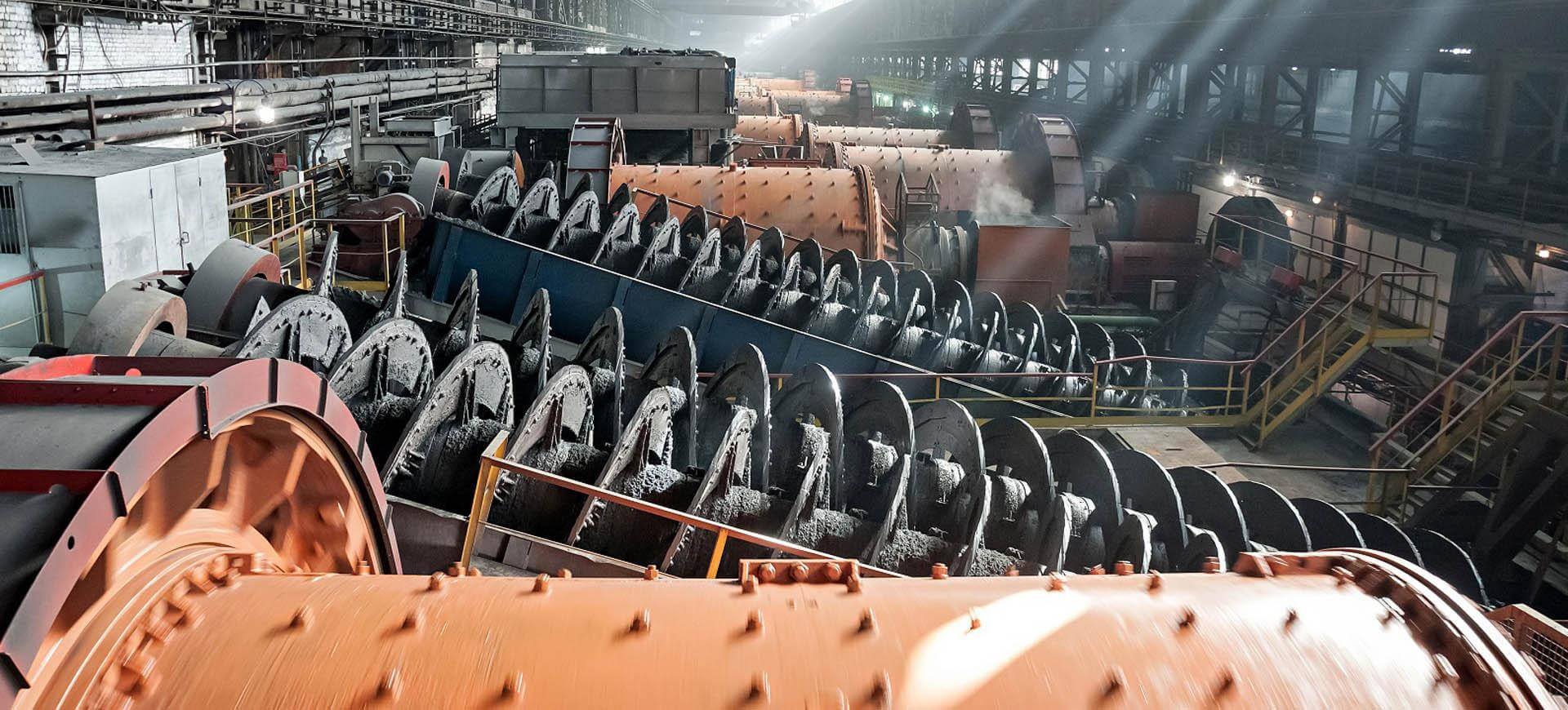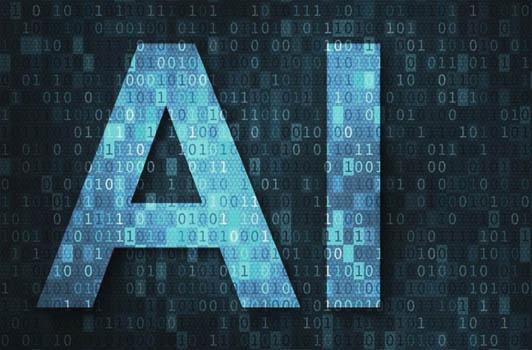Artificial intelligence in manufacturing: Optimization of additives consumption

Why Artificial Intelligence is so important in production optimization?
Artificial intelligence and machine learning in particular is the new, powerful tool for minimizing consumption of additives and energy in almost every industrial process. Today, traditional manufacturing companies are actively beginning to implement machine-learning models to save costs.
Although most industrial processes have been studied in detail for decades, recent progress in the area of artificial intelligence, in particular machine learning, has opened new horizons for further optimization. A degree of uncertainty is part of any complex process. Due to the uncertainty inherent in chemical processes, technologists have to use extra quantities of costly additives to cover any deviation in processing. Current average suboptimal values give us an opportunity to optimize by replacing them with exact values.
Artificial intelligence lets us build a model that takes into account data coming from different sources: initial material composition, quality of raw materials, readings from hundreds of sensors. The trained model accurately predicts parameters of the final product, and based on this prediction calculates exact amounts of additives needed to achieve the requested parameters for each particular batch.
Uses of artificial intelligence in manufacturing industry.
There’re thousands of different industrial processes, which can benefit from AI and machine learning technology. Here is the short list of heavy-industries, that leverage machine learning to reduce usage of input materials today:
- Ore beneficiation
- Gas processing
- Oil refinery
- Chemical industry
- Plastics industry
- Glass manufacturing
- Semiconductor manufacturing

BitRefine offers technology that increases the efficiency of the process without heavy capital investments. To gain an additional 5-10% of cost savings, our clients don’t need to redesign their production lines or install a higher grade of equipment.
We use existing historical logs, collected from particular client’s process, to build a machine learning model that is able to predict properties of the final product based on a given set of initial and intermediate parameters. On basis of this model, we deploy either fully automated or recommender decision module that minimizes amounts of input materials, chemicals and energy while keeping requested quality property of the product.
Related Solutions
For more details, please contact us: